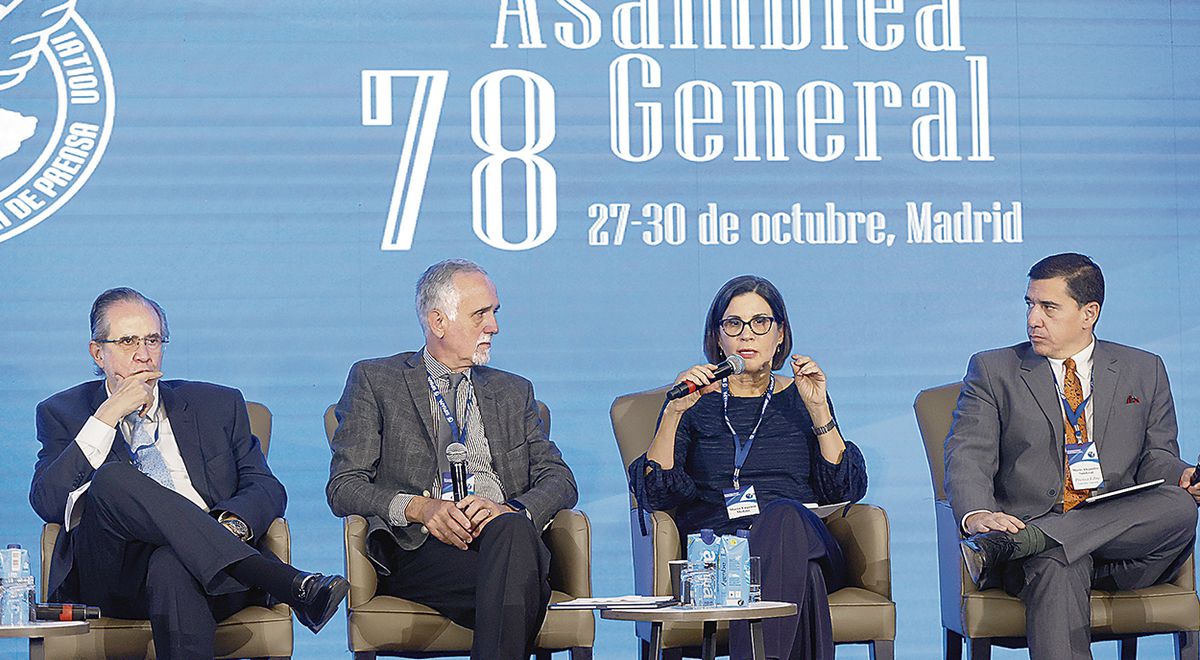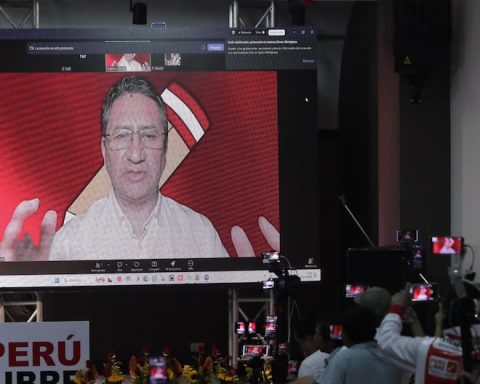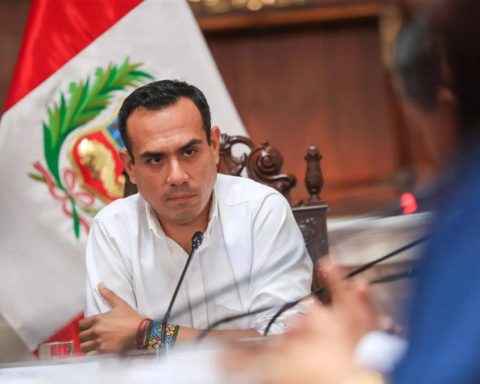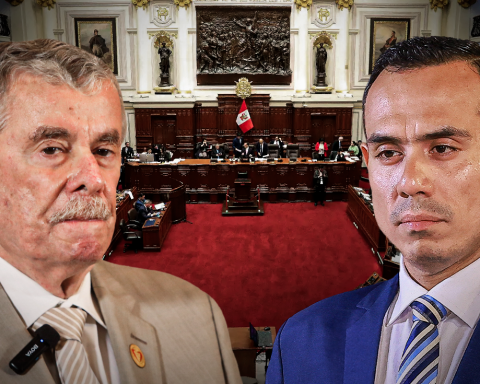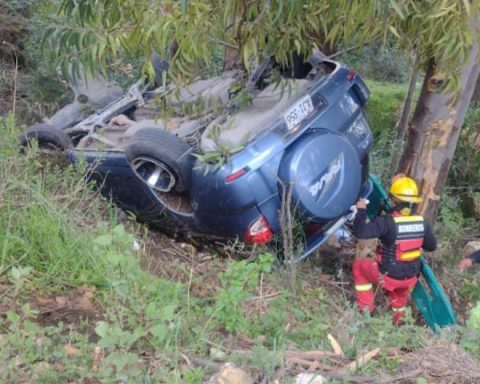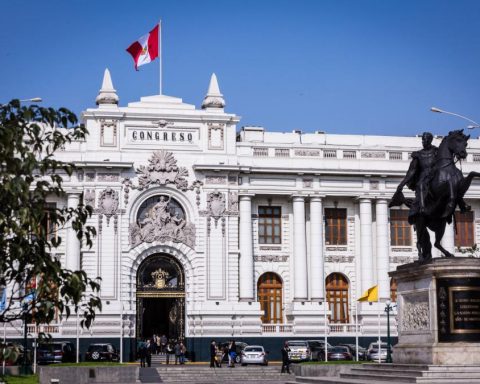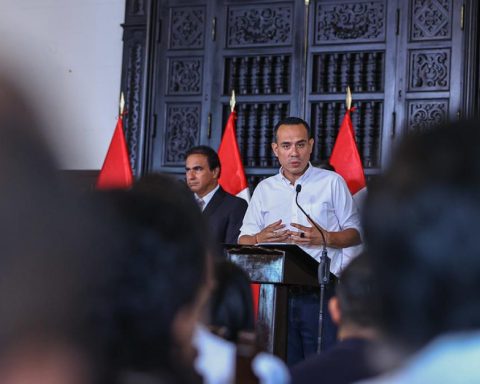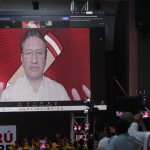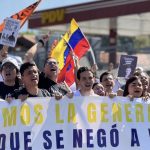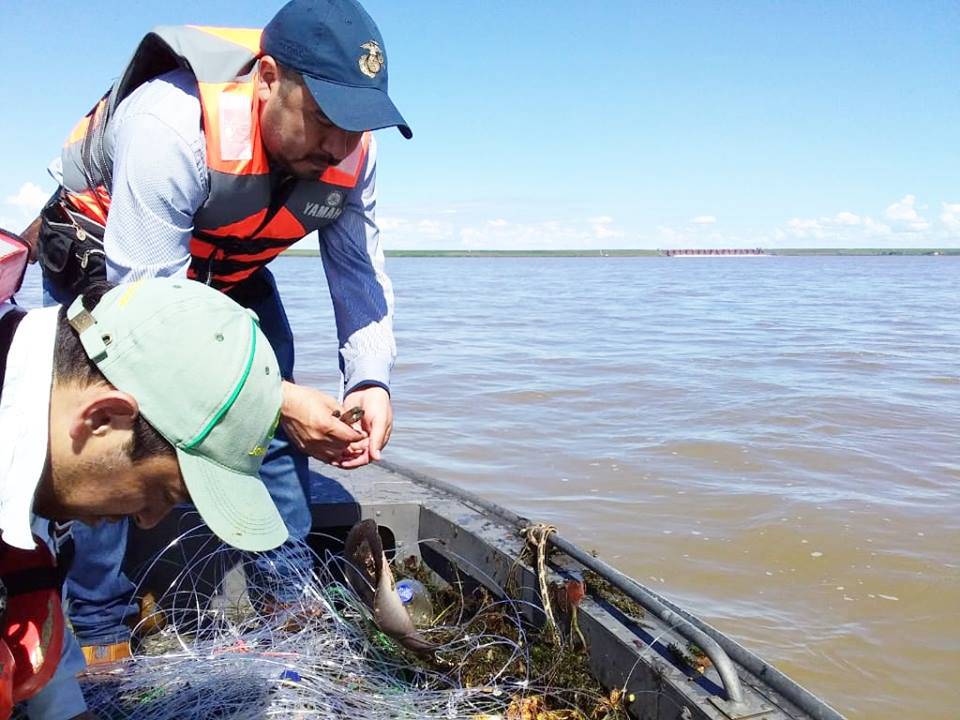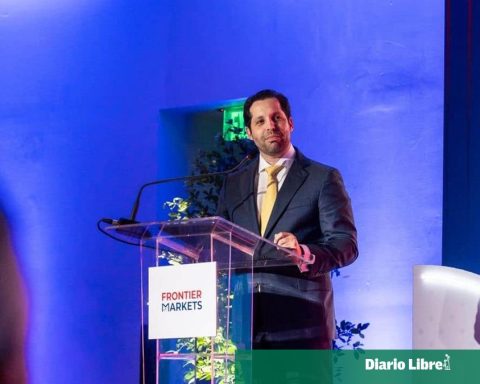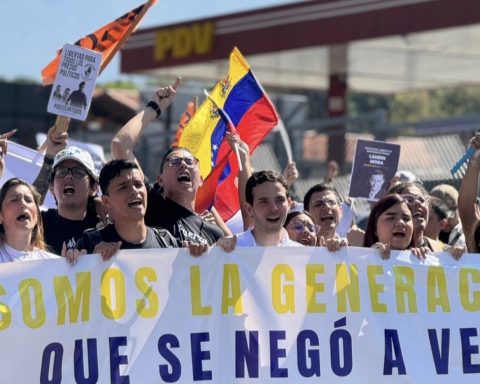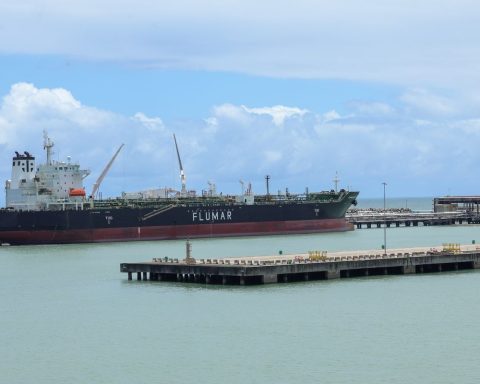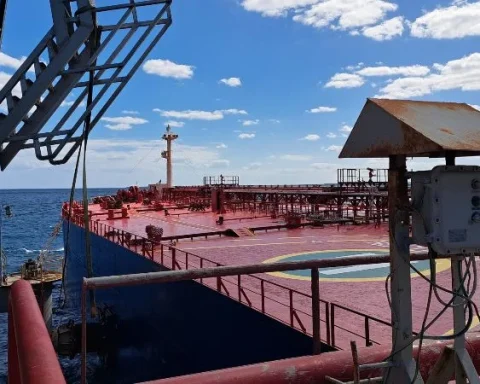At the 78th General Assembly of the Inter American Press Association (SIP), which takes place in Madrid, the Council of the Peruvian Press (CPP) reported an increase in aggressiveness towards journalism from political actors, mainly the Executive Power. The restrictive measures of the Parliament, physical aggressions in regions and actions of intimidation from the justice system were also part of a report that will be debated for approval this Sunday.
“I believe that this is the worst moment we are experiencing in Peru, since the fall of the Fujimori regime, in the year 2000″, commented yesterday, in her speech, María Eugenia Mohme, president of the CPP.
The regional vice president of Press Freedom of the IAPA in Peru also recalled that the country had very polarized presidential elections and, since the beginning of her government, peter castle has developed a management style with permanent attacks on journalism. This, in a context in which the president faces seven investigations for alleged acts of corruption.
In your opinion, Pedro Castillo and the head of the ministerial cabinet, Aníbal Torres, are the “main enemies of the press”due to the permanent message they broadcast to disqualify the media and journalists, generating a narrative with a certain acceptance in a sector of the citizenry.
Likewise, questioned Castillo’s repeated speech to incite his followers or those close to the government party to attack the press, a situation that has led to even physical attacks against some journalists.
“We look with great concern at where we are heading as a country (…) We are, really, in Peru, very concerned about what is happening,” he said.
kidnapping of journalists
One of the most serious cases that María Eugenia Mohme reported to the international organization is related to what happened in Chota, when journalists from América Televisión were kidnapped by patrolmen and forced to broadcast a national message, for which the channel was forced to interrupt its programming.
As he warned, this type of situation can generate fear in journalists, when it comes to traveling to certain jurisdictions, given the aggressiveness towards the press.
On the subject, through a video broadcast by the CPP, specialist Andrés Calderón, author of the recent publication Polítika vs. Press: a toxic relationship in troubled times, warned of a certain passivity or condonation of citizens in relation to the attacks (see second Approach).
Report for analysis
The CPP delivered a report to the IAPA containing 22 events reported as attacks on journalism so far in 2022. Seven of these incidents correspond to Castillo’s speech against the media and the recent press conference he held at the Palace only with international media correspondents; this despite being a relevant issue for the country, such as the constitutional complaint processed by the Nation’s prosecutor, Patricia Benavides.
The document also contemplates the performance of the former president of Congress María del Carmen Alva, who prevented the physical access of journalists to the facilities of said State power without further justification. Only in June was entry allowed but with restrictions on capacity.
Other facts disclosed come from the Public Ministry. On the one hand, the request made by a prosecutor for the lifting of the secrecy of the communications of the investigative journalist Ernesto Cabral. On the other, the request of a prosecutor to a Piura TV Canal program to reveal the identity of a source.
This document is still subject to analysis and on Sunday it will be debated for approval, along with other public pronouncements.
freedom index
In yesterday’s assembly it was also announced the Chapultepec Index of Freedom of Expression and of the Press, where Peru reports four points of decline in positions, being the most alarming figure in fall, along with the neighboring country of Chile.
The Chapultepec Index is an instrument that includes several indicators to measure freedom of expression and press in the countries. Canada is the most valued country in terms of freedom and the worst situation is in Nicaragua.
Balance of freedom of expression in the countries
According to the Chapultepec Index of Freedom of Expression and the Press 2021-2022, Canada and Jamaica are the countries with the highest rating in terms of respect for press freedom.
The worst country is Nicaragua, where more than 300 attacks against journalists and more than 700 attacks on the media were reported, all attributed directly to the State. Added to this are 84 cases of journalists who were forced to leave their country.
Regarding Cuba and Venezuela, the IAPA warns that “judicial persecution and violence against the press continued. In Venezuela, the number of violence decreased slightly, but there was a murder of a popular communicator.
Direct threats against journalism
Approach. Zuliana Lainez, president of the ANP
We are living a time of regression for the activity of journalism in the country. Not only because of the attacks that come from the Executive Power, but also because of the threat from the Legislative Power and the instrumentalization of the justice system in the country.
We have not seen for a long time that there were police cordons to prevent a journalist from collecting statements from officials on topics of high public interest. We had no threat to journalistic activity from the legislative sphere, as we can tell today, with the bills that seek to criminalize the dissemination of information on tax investigations.
Peru also it is a country that has an average of thirty journalists sued, nationally, per year: 150 in the last five years.
Finally, there is special concern for two regions. In Ica we have a regional government that persecutes and attacks journalists and In Ayacucho, the elected regional governor is a judicial persecutor of journalists.
Frontal attacks of Palace and Congress
Approach. Andres Calderon. Court of Ethics-CPP
During the last year of government, freedom of expression has deteriorated, not only due to frontal attacks by the relevant actors, but also due to a drop in the valuation that citizens have regarding the relevance of this fundamental right for society and for the subsistence of a democracy.
We have a normalization of legislative initiatives of the Executive and of the Congress itself against freedom of expression. And we also have many attacks, some physical and others narrative, against the professional practice of journalism, and to some extent a kind of condoning of these attacks by a sector of the citizenry.
The government of Pedro Castillo is presenting himself as the main frontal enemy of freedom of expression and freedom of the press in Peru, through public insults and also minimizing their role, with attitudes such as the refusal to give interviews or limit the presence of journalists at press conferences.
Record of aggressions in 2022
Infographic – The Republic
Infographic – The Republic
Infographic – The Republic
Infographic – The Republic
